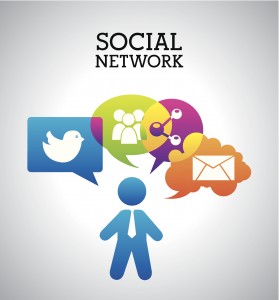Over the next couple of weeks, users of the Facebook app will receive notifications stating that if they wish to continue using the Facebook Messenger service, they will need to download the independent app. Facebook Messenger will eventually be taken off the original app completely in order to give consumers the best possible messaging functionality, says Mark Zuckerberg.
“What we’re doing with Messenger is making it so once you have the standalone Messenger app, we are actually taking messaging out of the main Facebook app,” Zuckerberg said all the way back in November 2013. “And the reason why we’re doing that is we found that having it as a second-class thing inside the Facebook app makes it so there’s more friction in replying to messages, so we would rather have people be using a more focused experience for that.”
“Facebook was criticised for its bloated main apps,” writes Josh Constine at TechCrunch, “but this announcement seems like an over-correction, swinging wildly in the direction of each function having its own app.” An important point to make is that this decision only affects Facebook on mobile devices; iPad and web versions will remain the same.
But why are we even having this conversation? You might ask. After all, didn’t Facebook just acquire WhatsApp, arguably the most successful messaging app out there? Yes, it did – but WhatsApp is averse to making money through adverts, and Zuckerberg promised to leave the app’s operation alone, for the time being at least. And while WhatsApp is certainly a major player in chat (and it really should be, if only to justify that $19 billion price tag), Facebook Messenger is actually preferred by some pundits for its slick UI and functionality.
Ultimately, the jury is out on whether this is a good move or not. Lance Ulanoff listed the many issues he had with the announcement in a Mashable article, many of which were countered quite reasonably by Facebook.



